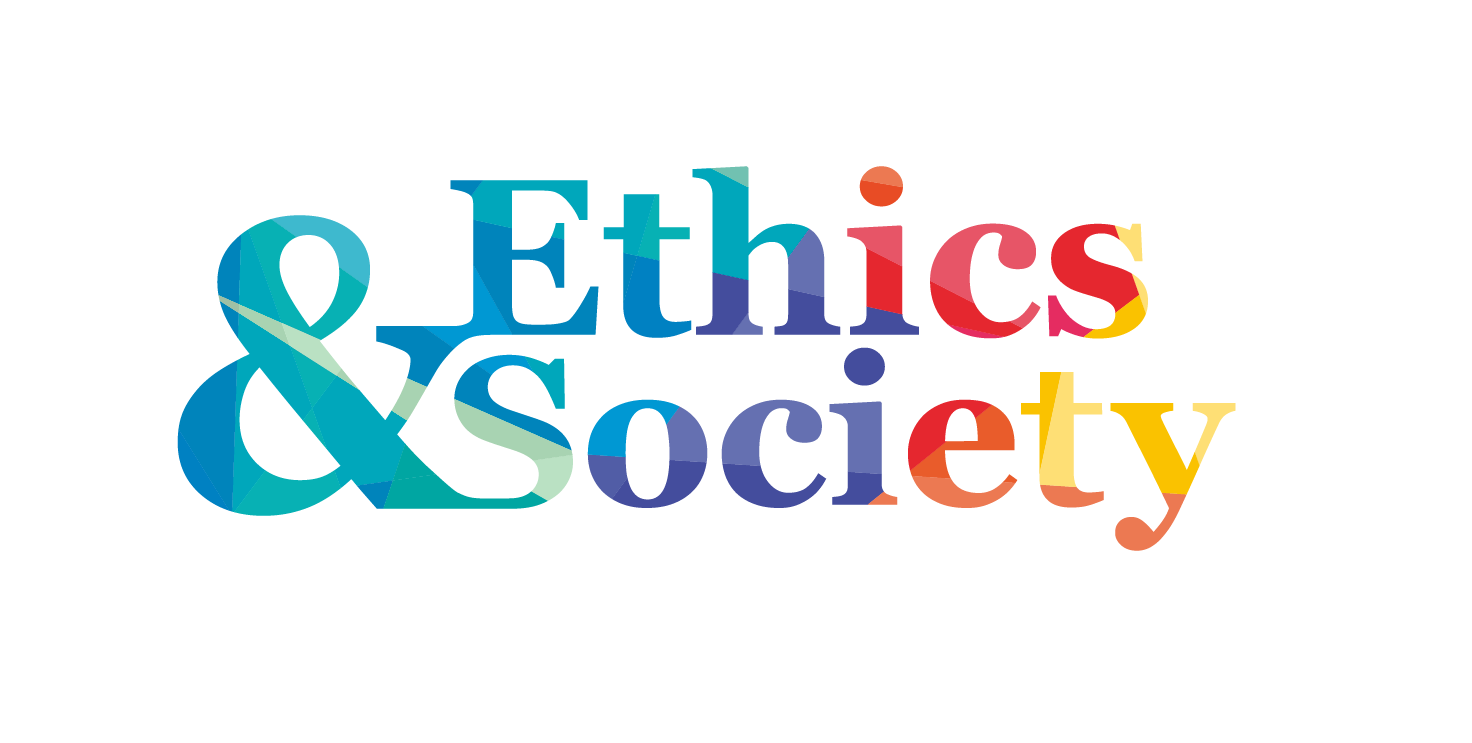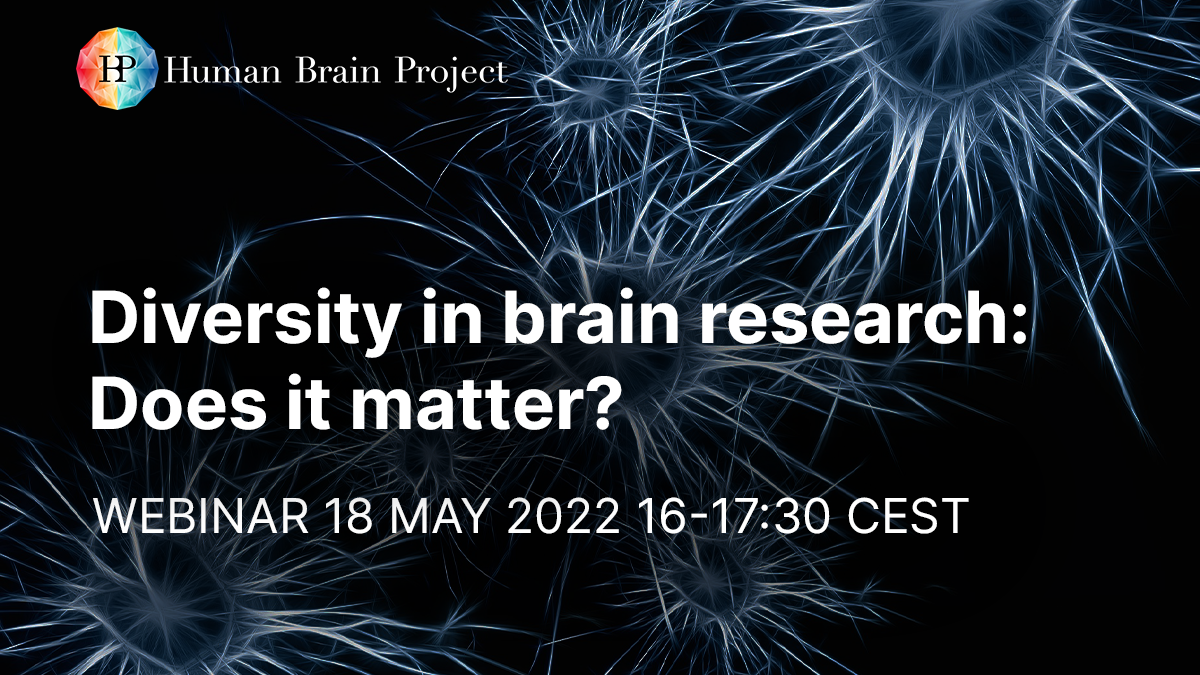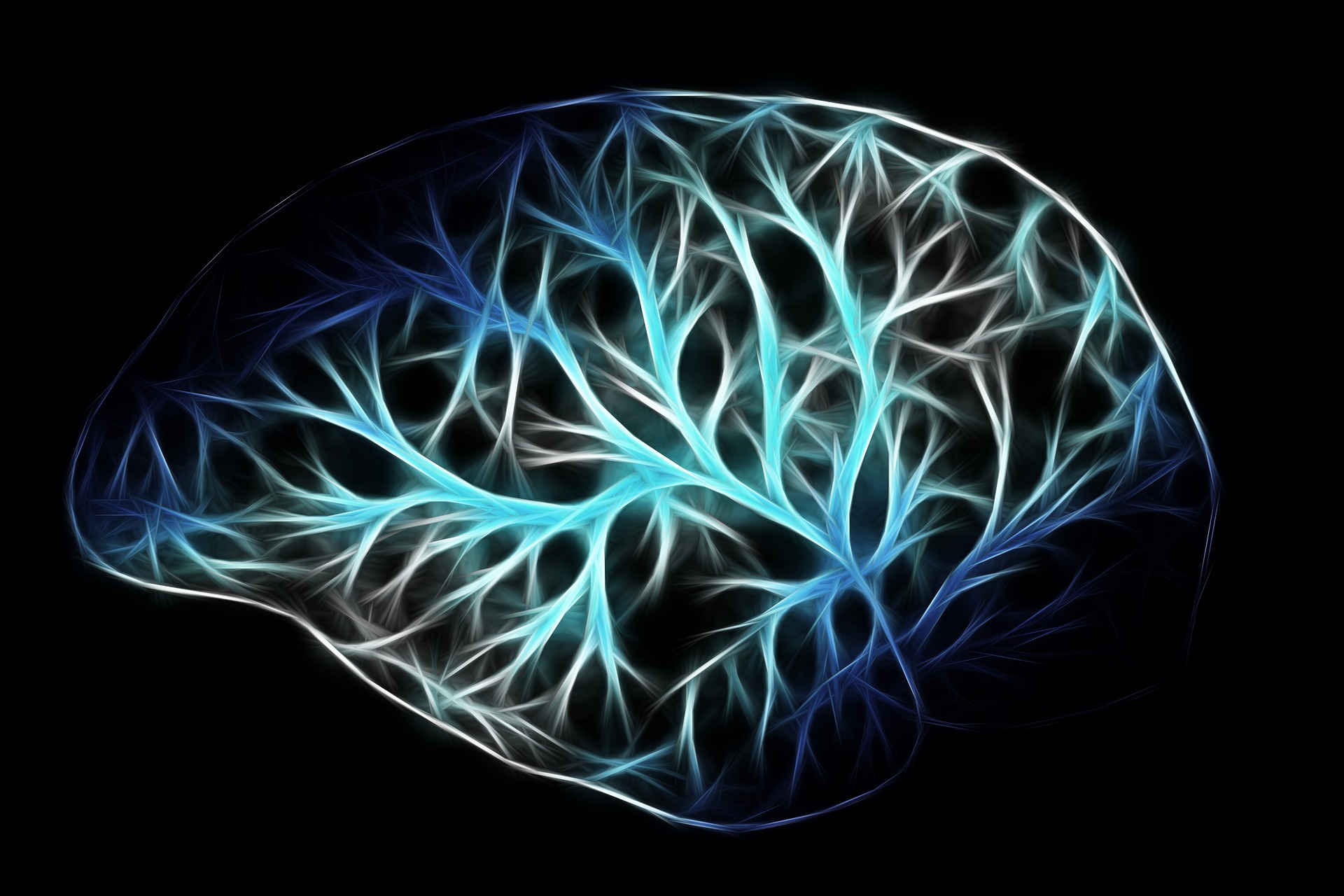Curating the legacy of responsible research and innovation in the Human Brain Project
Over the last decade, the Human Brain Project Building has used structured and strategic approaches to embed responsible research and innovation (RRI) practices across the project. The efforts to curate the legacy of this work includes the development an online RRI toolkit. A recent paper explores whether this kind of toolkit can help embed the…
Re-envisioning RoI in EU research initiatives: leveraging the HBP experience for EBRAINS
There is a need to re-think RoI in EU-wide research initiatives. In this blog, the Human Brain Project‘s Ethics Advisory Board (EAB) focuses on how we can leverage the HBP experience toward EBRAINS and a culture of reflective science practices by design. This is a text written by Kristin Bergtora Sandvik, member of the EAB.…
A capacity-building programme for responsible brain research and innovation
Is responsible neuroscience research or innovation something you would like to get better at? Would you like to join other like-minded researchers, scientists and tech innovators to reflect on societal concerns of big neuroscience infrastructure like EBRAINS? Then, the capacity building programme on responsible innovation run by the Responsible Research and Innovation (RRI) team at…
Supporting Researchers in Dealing with Social, Ethical and Regulatory Issues – the EMBRACE project
Future and emerging technology (FET) research aims to create radically novel ideas and technologies that can disrupt and transform human lives, businesses and society as a whole. The European Commission has funded such research in its FET stream of research funding which has now been renamed as “EIC Pathfinder” programme. Such transformative research can be…
Webinar 18 May 2022: Diversity in Brain Research: Does it matter?
To which extent are brain functions affected by sex hormones? Are sex differences at the level of stem cells relevant? Is it possible to differentiate biological sex from other factors that can influence the brain, like culture or life experiences? Can it be ethically justified to only study homogenous groups when diagnosing and treating diseases,…
Advancing a responsible, ethical vision for EBRAINS
On 24 January 2022, EBRAINS hosted an international consultation designed to shape its Ethics and Society Vision. The session was organized in collaboration with the Human Brain Project (HBP) experts on Ethics and Responsible Research, the meeting gathered a renowned panel of international experts. Want to know more about the meeting? Have a look on…
Digital twins & virtual brains: the importance of conceptual clarity and transparency
Researchers are trying to develop digital twins of the human brain by building so-called ‘virtual brains’. Trying to create virtual copies of such a complex organ, that we know increasingly yet still very little about is a great challenge. In a recent publication, Kathinka Evers and Arleen Salles explore philosophical and neuroethical challenges associated with…
Artistic interpretation of the philosophical aspects of virtual brains
In the search for a better understanding of how the brain functions, the human brain project is using brain simulations. These in silico experiments are done in the projects work steam on brain simulation. Simulations offer an unprecedented opportunity to study diseases of the brain, like epilepsy. But to understand what we see when we…
Ethically responsible robot development
Development of new technologies sometimes draws inspiration from nature. How do plants and animals solve the problem? An example is robotics, where one wants to develop better robots based on what neuroscience knows about the brain. How does the brain solve the problem? Neuroscience, in turn, sees new opportunities to test hypotheses about the brain…
What is intelligence? Theoretical contributions to AI ethics from the Human Brain Project
Several European projects are contributing tools for applied AI ethics. A recent paper in Science and Engineering Ethics from the Human Brain Project suggests that that ethical reflection on the practical aspects of artificial intelligence requires theoretical reflection and clarification of key concepts: What is intelligence? And how do we make the distincition between natural…










